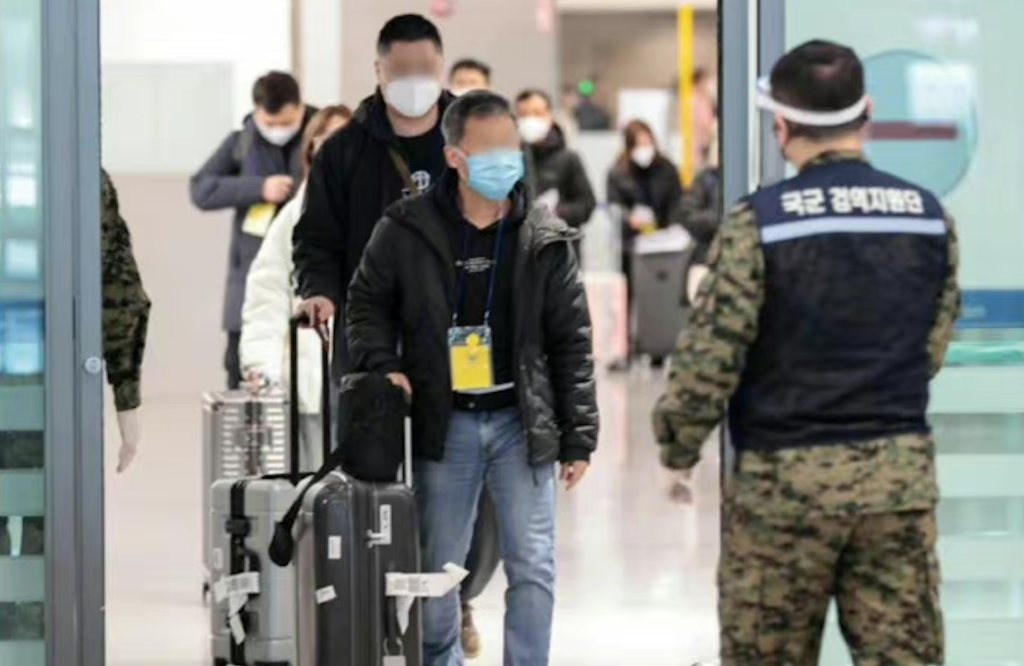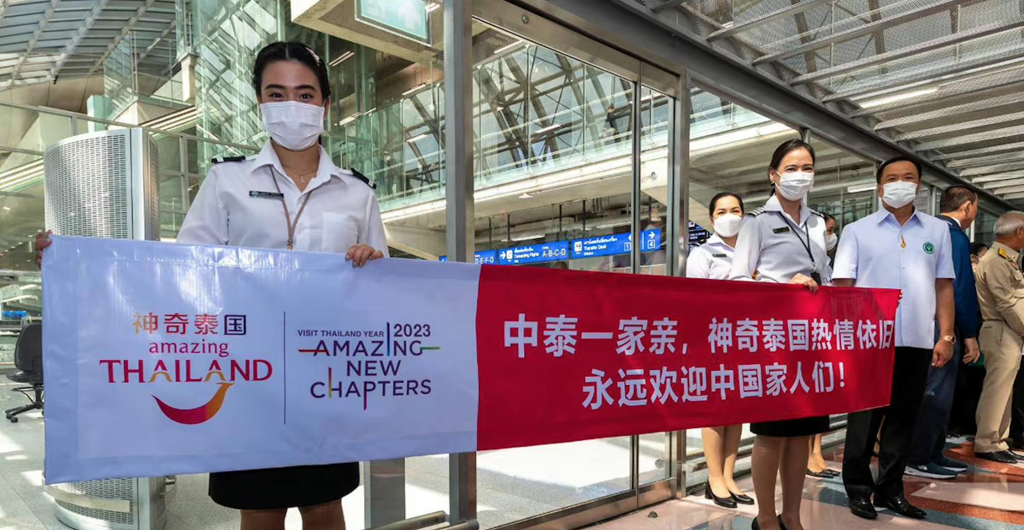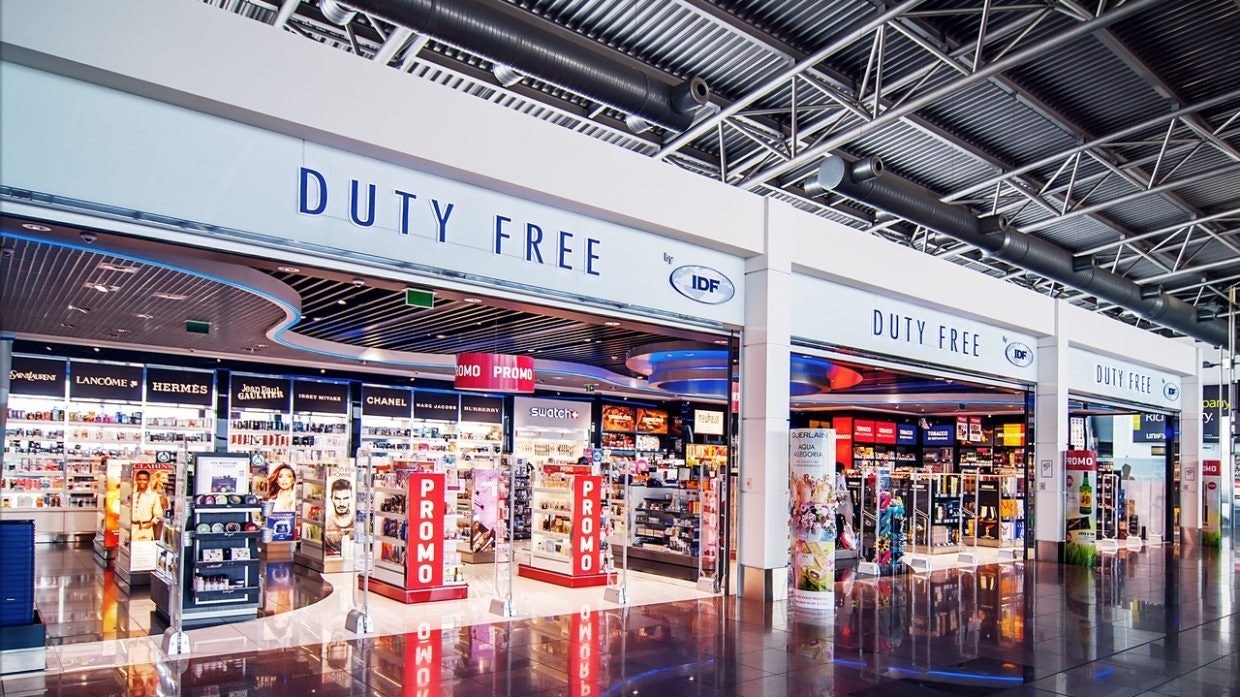What happened
Recently, South Korea issued yellow tags for China’s inbound travelers to wear at its airports, and Japan followed suit, giving red tags to passengers coming from the country. The initiative has elicited outrage online. On Weibo, the hashtag "Japan issues red tags to mark Chinese travelers" has gathered 200 million views, becoming the fourth most trending topic at one point.
Many Chinese travelers complained that they not only had to pay for COVID tests and potential quarantines in subpar conditions upon entering South Korea but also had to wear a yellow tag on their necks to identify themselves as coming from China for special inspection at airports. The tags, along with South Korean reporters snapping photos at them, made them feel like they were criminals being transferred.

China's government condemned the neighboring countries' actions, blasting them as discriminatory policies. In response, it suspended issuing short-term visas to individuals from South Korea and Japan in retaliation for the COVID restrictions on Chinese travelers.
The Jing Take
In late December 2022, the news of China's borders reopening on January 8 sent luxury stocks up. LVMH’s shares rose by 2.7 percent, while Richemont’s jumped by 4 percent. The market's relaxed COVID restrictions have fueled hopes of a revenge travel and shopping spree.
According to travel agency Ctrip, locals' search interest for outbound flights grew by 83 percent in the 11 days after the announcement compared with the 14 days before it. Yet, the most popular destinations have shifted. Search interest for Thailand and Singapore rose respectively by 176 and 93 percent. Unlike Japan and Korea, the two countries greeted Chinese tourists warmly. Thailand, for instance, welcomed them with “red carpet services,” where the Deputy Prime Minister of Thailand was sometimes present and personally handed over flower necklaces to Chinese tourists, and the airport staff distributed souvenirs.

The escalating tensions between China, Japan, and South Korea will likely impact sales of Japanese and Korean retailers and consumer goods. Experts predict that Japan’s recovery will be moderate without Chinese travelers’ return since they accounted for about 44 percent of total consumption by foreign travelers pre-pandemic. Meanwhile, the South Korean market is already suffering from the lack of Chinese tourists, according to a report by local media. The downtown outlet mall W Mall in Seoul announced it will shutdown in September due to a lack of mainland shoppers. The article also suggests that South Korea's travel, airline, and duty-free retail sectors are nervous about future prospects.
In light of this shift, luxury brands may need to adjust their priorities to other top Asian travel destinations like Thailand and Singapore to capture China’s tourism rebound.
The Jing Take reports on a piece of the leading news and presents our editorial team’s analysis of the key implications for the luxury industry. In the recurring column, we analyze everything from product drops and mergers to heated debate sprouting on Chinese social media.

